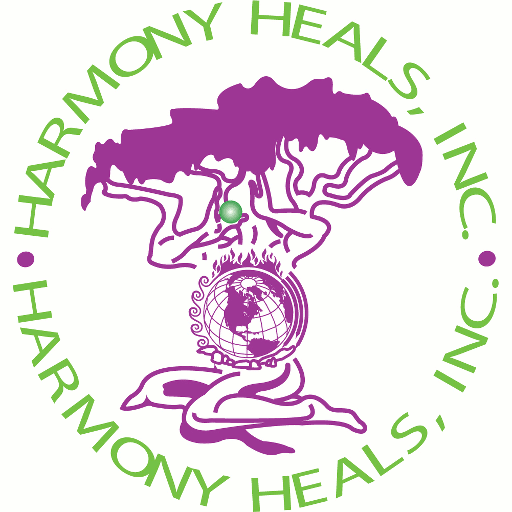The Intensive Outpatient Program (IOP) is a highly structured program that is dedicated to provide services to help individuals and their families recover from alcohol and/or drug addictions, as well as many health disorders including depression, anxiety, bi-polar disorder, etc. The outpatient program is an alternative approach to inpatient or traditional outpatient programs. Instead of once-a-week appointments, or 24-hour hospitalization, the Intensive Outpatient Program falls right in between the two ends as it offers group therapy; with classes that are designed to assist the patient in gaining skills needed to manage crisis and symptoms of their mental illness or addictions in order to prevent relapse or hospitalization. A staff of clinical professionals work as a team to provide the highest quality of treatment and comprehensive care, assuring a support system in which to grow and to develop new skills needed to return to his/her highest level of functioning. This process is organized in ways of which IOP participants are viewed as students, taking a variety of classes that are specifically focused on their need, gaining insight into the effects of their illness upon their health, career, and families through educational lectures and counseling.
Intensive Outpatient Program’s primary goal is to support and promote long-term recovery through the development of education, self-awareness and personalized knowledge of addiction and the recovery process. Emphasis on an individual’s ability to change their own behavior and provide the necessary tools needed to achieve change is well-valued.
These services are accessed if the individual is referred to the program by a psychiatrist, psychologist, therapist/social worker, insurance company, or self-referral.
Each person that is referred is confidentially and individually evaluated in an interview with a no charge assessment in order to establish criteria for the program. If this person meets the criteria for this level of care and does not have a psychiatrist, one will be assigned. Once completed, a therapist discusses the patient’s appropriateness for the program, and then can be admitted to the Intensive Outpatient Program.
During the process of recovery in the program, the patient and therapist both work to establish an individualized plan of treatment and identify problems, set goals, and organize the steps to reach their goals. The therapist also works with the patient and the family to address the recovery needs and the direction for both. Each patient in the program is provided with professional care from a psychiatrist, supervisor, therapists, case managers, and a nurse in an environment (usually a home) that embraces a friendly, therapeutic atmosphere. Services included with the Intensive Outpatient Program are substance abuse evaluations, inpatient detoxification referral, relapse prevention groups, alcohol and drug incident classes, and family support groups.
Therapy is for everybody. It is no doubt that everyone needs help from time to time, no matter what personal issues they are dealing with. There is not much hesitation when deciding to see a medical doctor for physical problems, but the sad fact is that many people who could really benefit from proper psychiatric care hardly ever seek or get the help they need. Whether it be denial of the problems, a fear of the unknown, the lack of knowledge of available resources, or that there was never an opportunity found for the person to be involved in a quality program, it is necessary to be aware of such issues; addictions, or mental illnesses, and to understand that a program such as the Intensive Outpatient Program is available to reconstruct a patient’s life physically, emotionally, and spiritually.






Leave A Comment